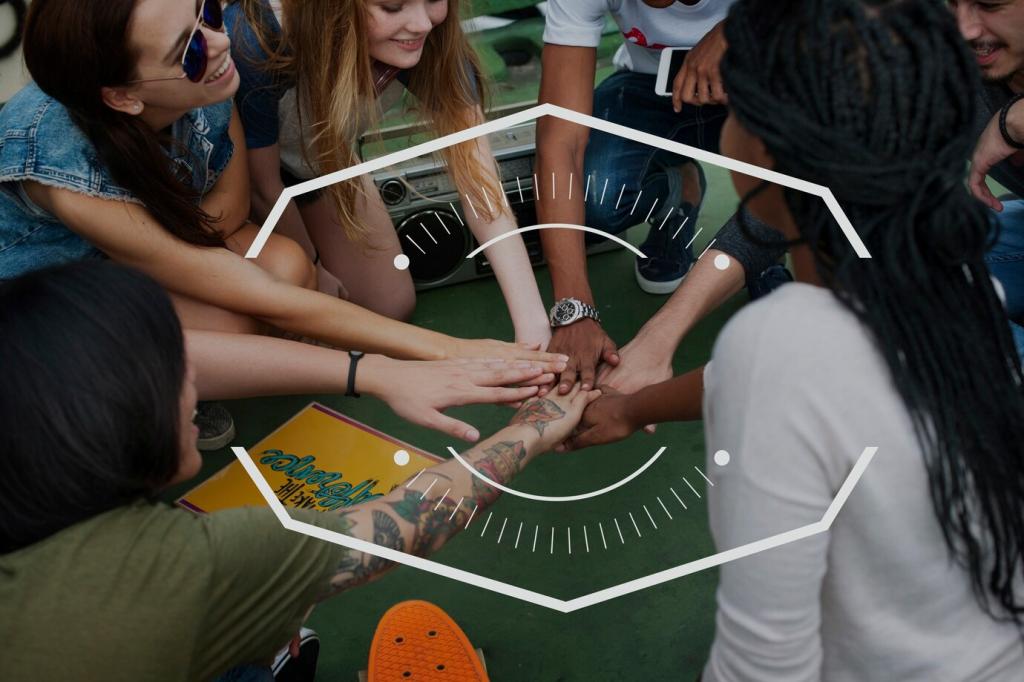Core Skills to Practice in Workshops
Model curiosity: ask one more question before offering advice. Try a “no‑interruption rule” during idea rounds so every voice is heard. When mistakes are discussed without blame, learning accelerates. Share a moment when safety unlocked a breakthrough conversation for your team.
Core Skills to Practice in Workshops
Healthy teams disagree productively. Practice separating ideas from identities, using phrases like “build on” and “challenge the assumption.” Use the ladder of inference to slow hasty conclusions. What debate norms keep heat on the problem without burning the people involved?









